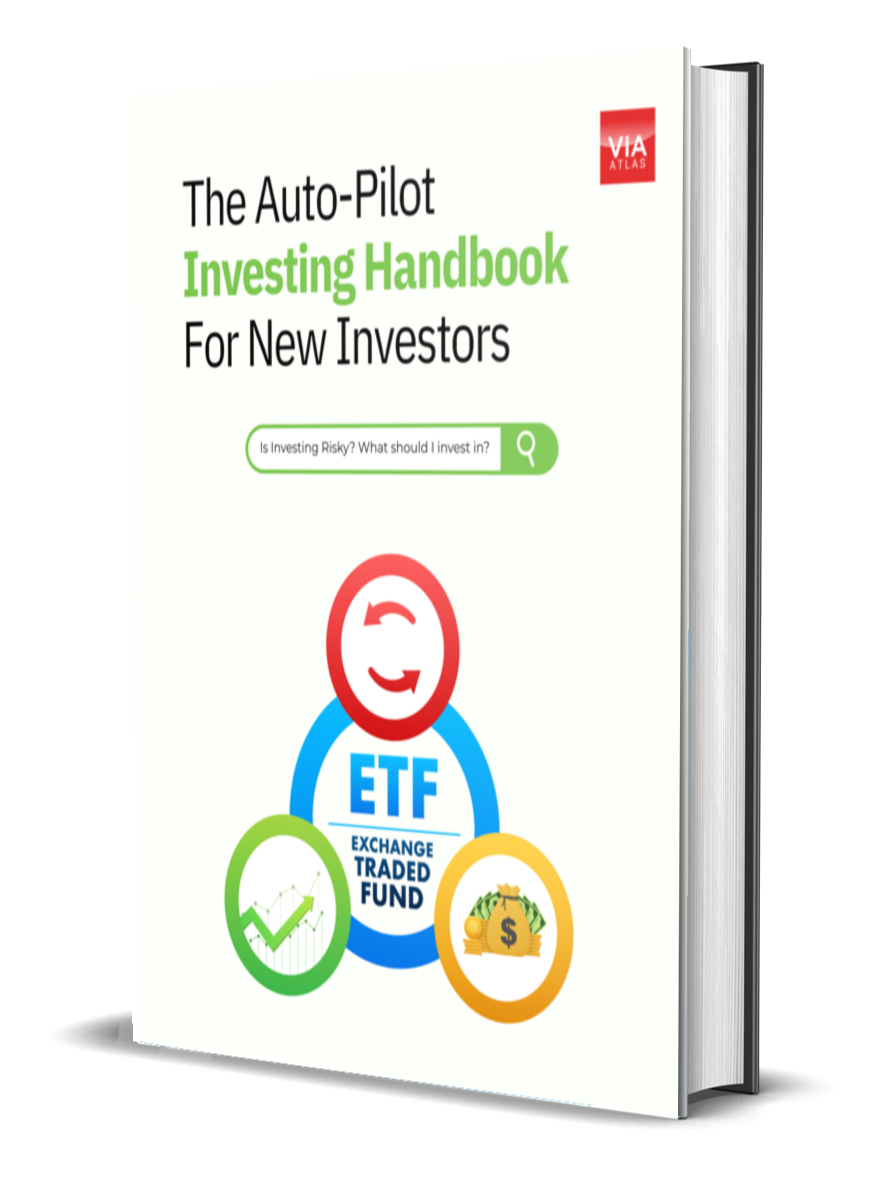Hi, this is Cayden from Value Investing Academy.
Now, if you’ve followed my journey, you’ll know I’m the
value investor who almost went bankrupt in 2001, battled cancer twice—once in
2010 and again in 2014—and eventually achieved financial freedom in my late
30s. So, what I’m about to share with you today is very important, because it
could explain why most people struggle with retirement and money... while a
small group of people seem to do exceptionally well.
The big question is: what do these people know that most
others don’t?
Let’s rewind for a moment and think about how we were all
raised. Growing up, our parents always told us the same thing: “Go to school,
study hard, get good results.” Whether you’re from Singapore, Malaysia, or
anywhere else, this is the conventional wisdom—we must go to school to do well
in life.
I followed this exact path. About 20 years ago, I graduated
from the National University of Singapore with not one, not two, but three
degrees. My first degree was in Biology, my second in Zoology, and I went on to
complete a Master’s degree in Science as well. So yes, I studied a lot
of science.
And what did I do after graduation? The same thing everyone else does. Can you guess what that W stands for? That’s right—Work!
So here’s the next question: do you know anyone who graduates from school and doesn’t need to work? Probably not, right?
Now, after about 5–6 years of working, I started asking myself, “How long must I keep doing this?” So let’s look at the official retirement age in Singapore. According to the Ministry of Manpower, it's 62. That means, by law, no company can ask you to retire before you hit that age.
Let’s say you graduate around age 20. From 20 to 62… that’s 42 years of working! Now let me ask you—if you had a choice, would you want to work more than 42 years, or less than 42 years?
Of course, most people would say, “Cayden, less lah!”
But here’s the contradiction: we all want to work less, yet the schools we attended trained us to work more. Why? Well, if everyone retires early, then who’s going to do all the work in the country? That’s why our government still has to bring in foreign talent—because manpower is always short.
And here’s the real reason why most people struggle with money: the system trains us to work for someone else.
Think about it. If you're an executive, you report to your manager. Your manager reports to a director. The director reports to the CEO. But who does the CEO report to? The board of directors. And who do the directors report to? The business owners—the shareholders.
So now let’s ask the real question: when you look at the Forbes list of richest people in the world, are these people employees? Or are they business owners?
Exactly. They’re owners!
Take Bill Gates for example—he owns Microsoft. He doesn’t work for it anymore, but he still owns it. Same goes for Warren Buffett—he doesn’t just own one business, he owns 46 or 47 companies through Berkshire Hathaway.
And when you go further down the list—Oracle, Walmart, the richest man in Hong Kong, the richest man in Singapore—every one of them is a business owner.
So the real key is this: if you want to stop struggling with money, you need to stop working for a business... and start owning a business.
Now the next question is: how?
That’s exactly what I’ll share in the next article—how you can become a business owner, even if you’ve never started a business before, and how this can help you retire much earlier than the average person.
So stay tuned, and I’ll see you in Part 2.
—Cayden Chang, Value Investing Academy




